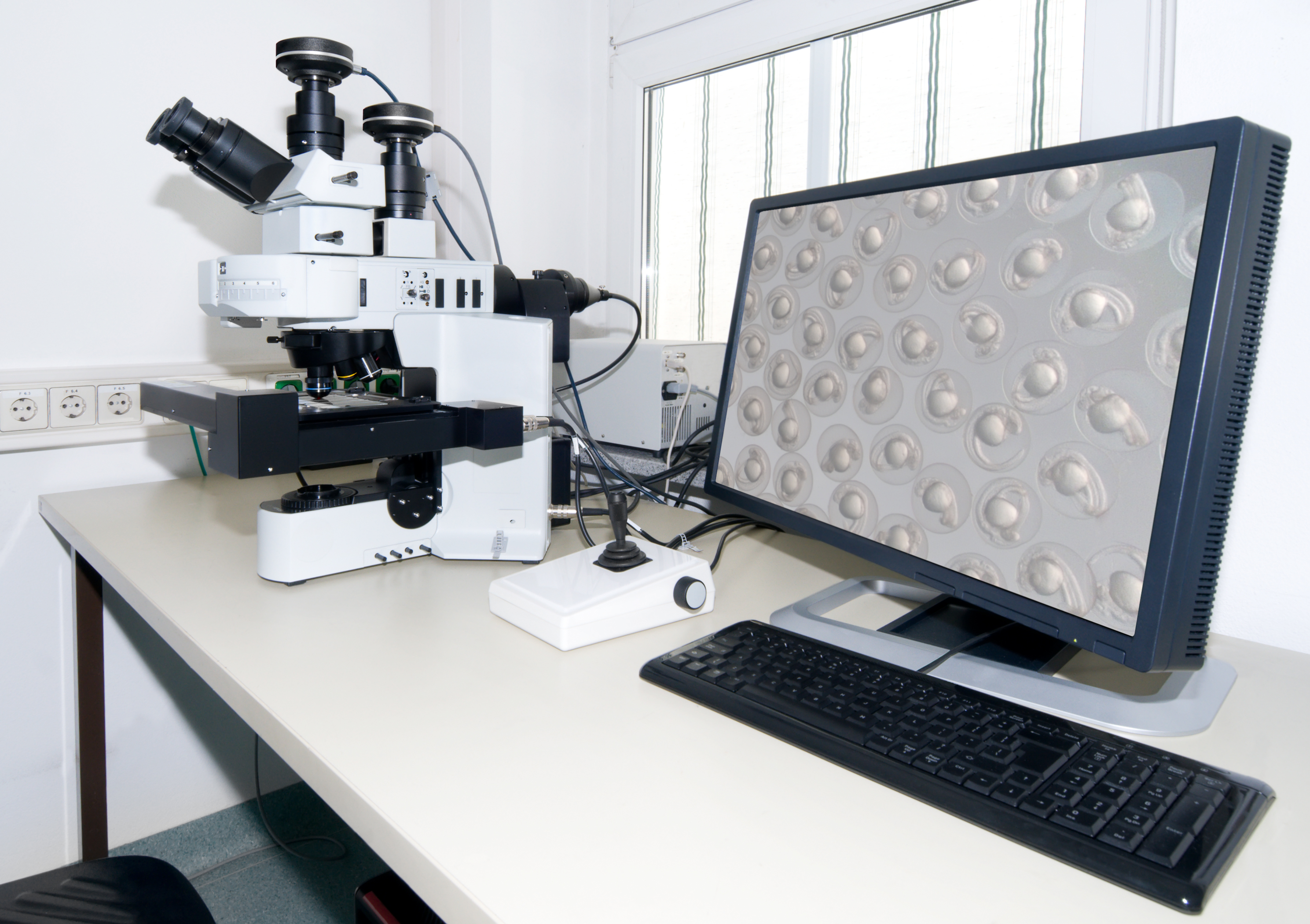Fertility Frontiers: What Is a 'Permitted' Embryo in Law?
By Antony Starza-Allen,
Progress Educational Trust
| 06. 13. 2022
The question of what is a 'permitted embryo' under the legislation governing assisted reproduction in the UK has received increasing scrutiny as technological progress challenges the concept of embryohood. As illustrated at Progress Educational Trust (PET)'s event, 'Fertility Frontiers: What Is a 'Permitted' Embryo in Law?', the answer is not solely concerned with the scope of what is permissible in assisted reproduction but goes to the very core of the UK's legislative approach to emerging reproductive technologies.
Introducing the debate, Sarah Norcross, director of PET, highlighted that while UK fertility law gives confidence and security during scientific change, the definition of an embryo, introduced under the Human Fertilisation and Embryology (HFE) Act 2008, is not fully scientifically aligned. Under the HFE Act 2008, an embryo for use in assisted reproduction must have been created by the fertilisation of an unaltered 'permitted egg' with a 'permitted sperm'. It must have no cells added to it from other sources or have its DNA altered (an exception exists for mitochondrial donation). Recent technological developments have, however, challenged...
Related Articles
By Diaa Hadid and Shweta Desai, NPR | 01.29.2026
MUMBRA, India — The afternoon sun shines on the woman in a commuter-town café, highlighting her almond-shaped eyes and pale skin, a look often sought after by couples who need an egg to have a baby.
"I have good eggs,"...
By George Janes, BioNews | 01.12.2026
A heart attack patient has become the first person to be treated in a clinical trial of an experimental gene therapy, which aims to strengthen blood vessels after coronary bypass surgery.
Coronary artery bypass surgery is performed to treat...
By Staff, ScienceDaily | 01.05.2026
Scientists at UNSW Sydney have developed a new form of CRISPR technology that could make gene therapy safer while also resolving a decades-long debate about how genes are switched off. The research shows that small chemical markers attached to DNA
...
Following a long-standing CGS tradition, we present a selection of our favorite Biopolitical Times posts of the past year.
In 2025, we published up to four posts every month, written by 12 authors (staff, consultants and allies), some in collaboration and one simply credited to CGS.
These titles are presented in chronological order, except for three In Memoriam notices, which follow. Many more posts that are worth your time can be found in the archive. Scroll down and “VIEW...




